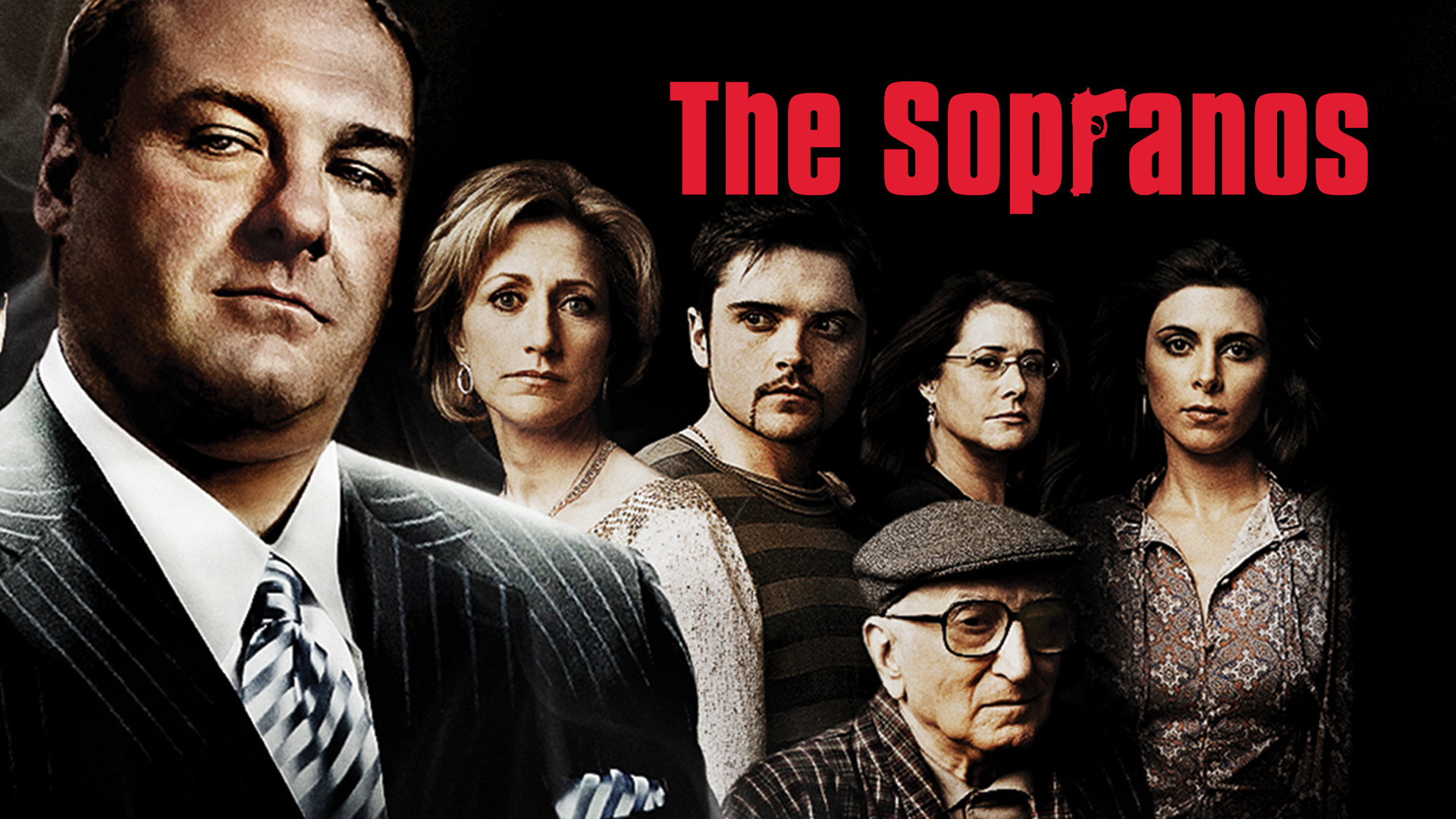
The Sopranos Influence on the Modern Golden Age of Television
The Sopranos, created by David Chase, first graced our television screens in 1999 and quickly became a cultural phenomenon. It is often credited with ushering in the "Golden Age of Television," a term used to describe the era where high-quality storytelling, complex characters, and cinematic production values became the norm. This shift in television excellence paved the way for future acclaimed series, establishing a new standard that many shows aspire to achieve. The legacy of The Sopranos is not just limited to its storyline or character development; it also encompasses a significant cultural impact, including the creation of dedicated retail spaces such as "The Sopranos Shop."
Revolutionizing Television Storytelling
The Sopranos changed the way stories were told on television. Before its debut, television often relied on episodic formats, where each episode was largely self-contained. The Sopranos introduced a serialized narrative, with deep, multi-layered storytelling that spanned across seasons. Viewers were introduced to the complexities of Anthony "Tony" Soprano, a mob boss grappling with familial and psychological turbulence. The show tackled significant themes like mental health, morality, and the American Dream, all while layered within the framework of organized crime. This intricate storytelling has echoed throughout subsequent television dramas, influencing acclaimed series like Breaking Bad, Mad Men, and The Wire, all of which carry the torch of sophisticated narrative arcs and character depth.
The Character Complexity Revolution
One of the show's most significant contributions was its exploration of undefined morality and character complexity. Characters in The Sopranos were not strictly "good" or "evil," a nuance that led audiences to view them as multi-dimensional. While Tony Soprano is a violent mobster, he's also a family man, struggling with his conscience and the pressures of his dual life. This complexity became a hallmark of many subsequent dramas. In shows like Dexter, Walter White, and even newer creations like Succession, the blurred lines between hero and villain have become and integral part of storytelling, allowing for richer narratives that resonate more deeply with viewers. This shift from simplistic character portrayals to nuanced, human figures has undoubtedly contributed to the ongoing appeal of the drama genre.
Cinematic Brilliance on Television
In addition to its storytelling, The Sopranos set a precedent for high production standards in television. The series employed cinematic techniques that were previously associated with feature films, including sophisticated scoring, stunning cinematography, and meticulous attention to detail. The opening credits alone are a masterpiece that evokes deep emotional responses, using imagery and music to create a sense of place and character. As a result, many modern series now invest in comparable production quality. Shows like Game of Thrones and The Crown often mirror this blend of storytelling sophistication and visual artistry, ensuring that television is seen as a legitimate medium for creative expression.
The Cultural Impact and Merchandising
The Sopranos’ cultural impact has extended beyond just television; it has permeated public consciousness, inspiring everything from academic discussions to merchandise. The rise of "The Sopranos Shop" championed this phenomenon, providing fans with memorabilia ranging from clothing to unique collectibles. The shop serves as a homage to the series, allowing fans to connect with the show on a more personal level, reinforcing the idea that great television can influence both culture and consumer behavior. Merchandise related to television shows has exploded in recent years, and The Sopranos Shop has solidified its place in pop culture history. This intersection of entertainment and commerce demonstrates just how far the influence of The Sopranos has reached.
.png)